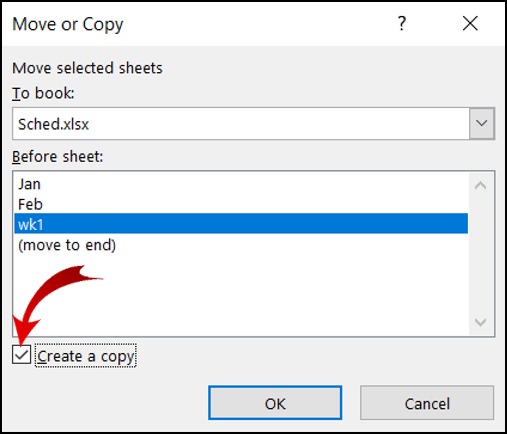5 Simple Ways to Extend Sheet in Excel

Welcome to our comprehensive guide on how to extend your sheet in Excel, one of the most used functions for data analysts and business professionals alike. Whether you're dealing with large datasets or preparing a report, knowing how to effectively expand your spreadsheet's capabilities can save time and streamline your work process.
1. Adding Rows and Columns Manually

The simplest method to expand your Excel sheet is by manually adding rows and columns. Here's how:
- Right-click on the row number below where you want to insert a new row. Select "Insert" to add a row above.
- Right-click on the column letter next to where you want to insert a new column. Again, select "Insert" to add a column to the left.
💡 Note: Use the Ctrl + Shift + "+" shortcut for a quicker way to insert rows or columns, enhancing your efficiency.
2. Automatic Insertion with the Auto-Fill Feature

Excel's Auto-Fill feature allows you to automatically extend data or formulas in your sheet:
- Select the cell or range of cells with the data or formula you wish to extend.
- Drag the fill handle (the small square at the bottom-right of the selection) in the direction you want to extend the data.
- Release the mouse to see Excel automatically fill the cells with the appropriate values or formulas.
This feature not only saves time but also ensures consistency across your data entries.
3. Using the 'Fill' Command

Another way to extend your sheet is by using Excel's "Fill" command:
- Highlight the cells that contain the data or formulas you want to extend.
- Go to Home > Editing > Fill. Choose either 'Down' or 'Right' to fill in the direction you want.
- The selected cells will be filled according to the pattern recognized by Excel.
💡 Note: This command is particularly useful when dealing with large datasets or when needing to apply the same formula to multiple cells.
4. Incorporating VBA for Custom Extensions

For those comfortable with coding, Visual Basic for Applications (VBA) offers powerful ways to extend sheets automatically:
- Open the VBA editor by pressing Alt + F11.
- Insert a new module and write a script that adds rows, columns, or performs data manipulation as needed.
Here's a simple VBA script to insert new rows:
Sub AddRows()
Dim i As Integer
For i = 1 To 10 ' Insert 10 new rows at the current selection
Selection.Insert Shift:=xlDown
Next i
End Sub
💡 Note: VBA can significantly reduce manual efforts, but it does require some programming knowledge.
5. Utilizing Power Query for Data Expansion

Power Query, part of Excel's suite, is excellent for dealing with large data sets and can help you extend your sheet dynamically:
- Go to Data > Get Data to import your data source.
- Use the Power Query Editor to transform, filter, or modify the data as required.
- Load the transformed data back into Excel, where it will automatically adjust based on the transformations applied.
This method is particularly handy for:
- Appending data from multiple sources into one sheet.
- Merging data from different sheets into a single comprehensive table.
💡 Note: Power Query's capabilities go beyond simple data extension, offering robust data transformation tools.
In wrapping up, extending a sheet in Excel can be approached in multiple ways, from simple manual insertions to more complex, automated solutions. Depending on your comfort with technology, dataset size, and the frequency of updates, you can choose the method that suits your needs best. Remember, the key to efficient Excel usage is not just in knowing the tools but in understanding how to apply them to your unique data management needs.
How do I extend a sheet in Excel without losing formulas?

+
When using the ‘Fill’ command or auto-fill, Excel will automatically adjust formulas to extend across the new cells. Just ensure your formulas reference relative cell addresses.
Can I use VBA to extend my sheet for any size?

+
Yes, VBA scripts can be written to extend sheets based on variables or conditions, allowing for dynamic resizing as needed.
Is Power Query only for business professionals?

+
Not at all! Power Query can be beneficial for anyone who works with large datasets and needs to clean, transform, or combine data efficiently.